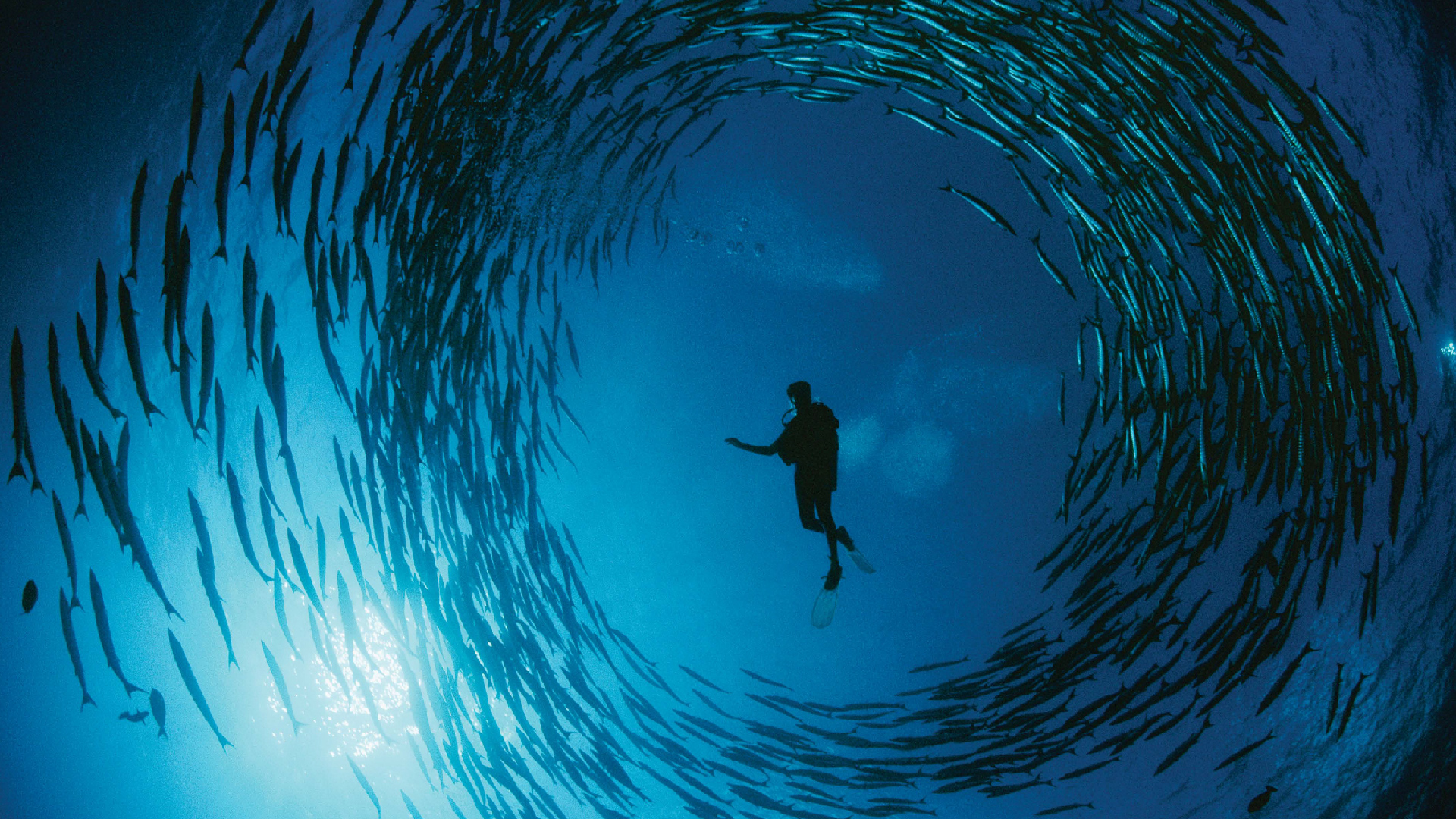APRU network of experts, future leaders and policy makers addressing the health of the Pacific Ocean and its marine and coastal resources
(
Non-governmental organization (NGO)
)
#OceanAction41530
Description
As the main network of leading universities linking Asia, Oceania and the Americas, APRU is the Voice of Knowledge and Innovation for the Asia-Pacific region. We bring together thought leaders, researchers, and policy makers to exchange ideas and collaborate on effective solutions to the challenges of the 21st century.
Over the past year APRU has implemented the following initiatives with the aim of supporting the SDG14:
- an international case competition reaching out to over two million students in the Asia-Pacific in partnership with The New York Times, to raise awareness on the impact of climate change on the Pacific Ocean.
- active engagement with UN initiatives and APEC working groups, committing resources and contributing research expertise to address key challenges of the Pacific Ocean.
To protect the Pacific Ocean and its coastal and marine biodiversity, APRU sees a need for Asia-Pacific research experts and higher education institutions to work collaboratively with governments, industry and civil society to create a connected, multidisciplinary approach to support the implementation of SDG14.
APRU IS COMMITTED TO:
1) raising awareness and encouraging future leaders in the Asia-Pacific to engage with problems the Pacific Ocean faces through annual student-focused activities in collaboration with international partners.
2) supporting capacity building across the Asia-Pacific by developing a network of research centers and experts across disciplines, facilitating best practice sharing and cross disciplinary collaborations.
3) building an effective platform connecting latest research and experts across the Asia-Pacific with policy makers and international organizations actively facilitating policy development and implementation.
SDGS & Targets
Goal 14
Conserve and sustainably use the oceans, seas and marine resources for sustainable development
14.1
By 2025, prevent and significantly reduce marine pollution of all kinds, in particular from land-based activities, including marine debris and nutrient pollution
14.1.1
(a) Index of coastal eutrophication; and (b) plastic debris density
14.2
By 2020, sustainably manage and protect marine and coastal ecosystems to avoid significant adverse impacts, including by strengthening their resilience, and take action for their restoration in order to achieve healthy and productive oceans
14.2.1
Number of countries using ecosystem-based approaches to managing marine areas
14.3
Minimize and address the impacts of ocean acidification, including through enhanced scientific cooperation at all levels
14.3.1
14.4
By 2020, effectively regulate harvesting and end overfishing, illegal, unreported and unregulated fishing and destructive fishing practices and implement science-based management plans, in order to restore fish stocks in the shortest time feasible, at least to levels that can produce maximum sustainable yield as determined by their biological characteristics
14.4.1
14.5
By 2020, conserve at least 10 per cent of coastal and marine areas, consistent with national and international law and based on the best available scientific information
14.5.1
14.6
By 2020, prohibit certain forms of fisheries subsidies which contribute to overcapacity and overfishing, eliminate subsidies that contribute to illegal, unreported and unregulated fishing and refrain from introducing new such subsidies, recognizing that appropriate and effective special and differential treatment for developing and least developed countries should be an integral part of the World Trade Organization fisheries subsidies negotiation
14.6.1
Degree of implementation of international instruments aiming to combat illegal, unreported and unregulated fishing
14.7
By 2030, increase the economic benefits to Small Island developing States and least developed countries from the sustainable use of marine resources, including through sustainable management of fisheries, aquaculture and tourism
14.7.1
Sustainable fisheries as a proportion of GDP in small island developing States, least developed countries and all countries
14.a
Increase scientific knowledge, develop research capacity and transfer marine technology, taking into account the Intergovernmental Oceanographic Commission Criteria and Guidelines on the Transfer of Marine Technology, in order to improve ocean health and to enhance the contribution of marine biodiversity to the development of developing countries, in particular small island developing States and least developed countries
14.a.1
14.b
Provide access for small-scale artisanal fishers to marine resources and markets
14.b.1
Degree of application of a legal/regulatory/policy/institutional framework which recognizes and protects access rights for small‐scale fisheries
14.c
Enhance the conservation and sustainable use of oceans and their resources by implementing international law as reflected in United Nations Convention on the Law of the Sea, which provides the legal framework for the conservation and sustainable use of oceans and their resources, as recalled in paragraph 158 of "The future we want"
14.c.1
Number of countries making progress in ratifying, accepting and implementing through legal, policy and institutional frameworks, ocean-related instruments that implement international law, as reflected in the United Nations Convention on the Law of the Sea, for the conservation and sustainable use of the oceans and their resources
SDG 14 targets covered
| Name | Description |
|---|---|
| 14.a | Increase scientific knowledge, develop research capacity and transfer marine technology, taking into account the Intergovernmental Oceanographic Commission Criteria and Guidelines on the Transfer of Marine Technology, in order to improve ocean health and to enhance the contribution of marine biodiversity to the development of developing countries, in particular small island developing States and least developed countries |
Deliverables & Timeline
Resources mobilized
Partnership Progress
| Title | Progress Status | Submitted |
|---|---|---|
| Partnership Progress 2019-04-09 | On track | |
| Partnership Progress 2019-04-09 | On track | |
| Partnership Progress 2019-04-09 | On track | |
| Partnership Progress 2019-04-09 | On track | |
| Partnership Progress 2019-04-09 | On track | |
| Partnership Progress 2019-04-09 | On track | |
| Partnership Progress 2019-04-09 | On track | |
| Partnership Progress 2019-04-09 | On track | |
| Partnership Progress 2019-04-09 | On track | |
| Partnership Progress 2019-04-09 | On track |
Pagination
- Page 1
- Next page

Feedback
Action Network

Timeline
Entity
SDGs
Geographical coverage
Ocean Basins
Communities of Ocean Action
More information
Countries
Contact Information
Christina Schönleber, Director (Policy and Programs)

